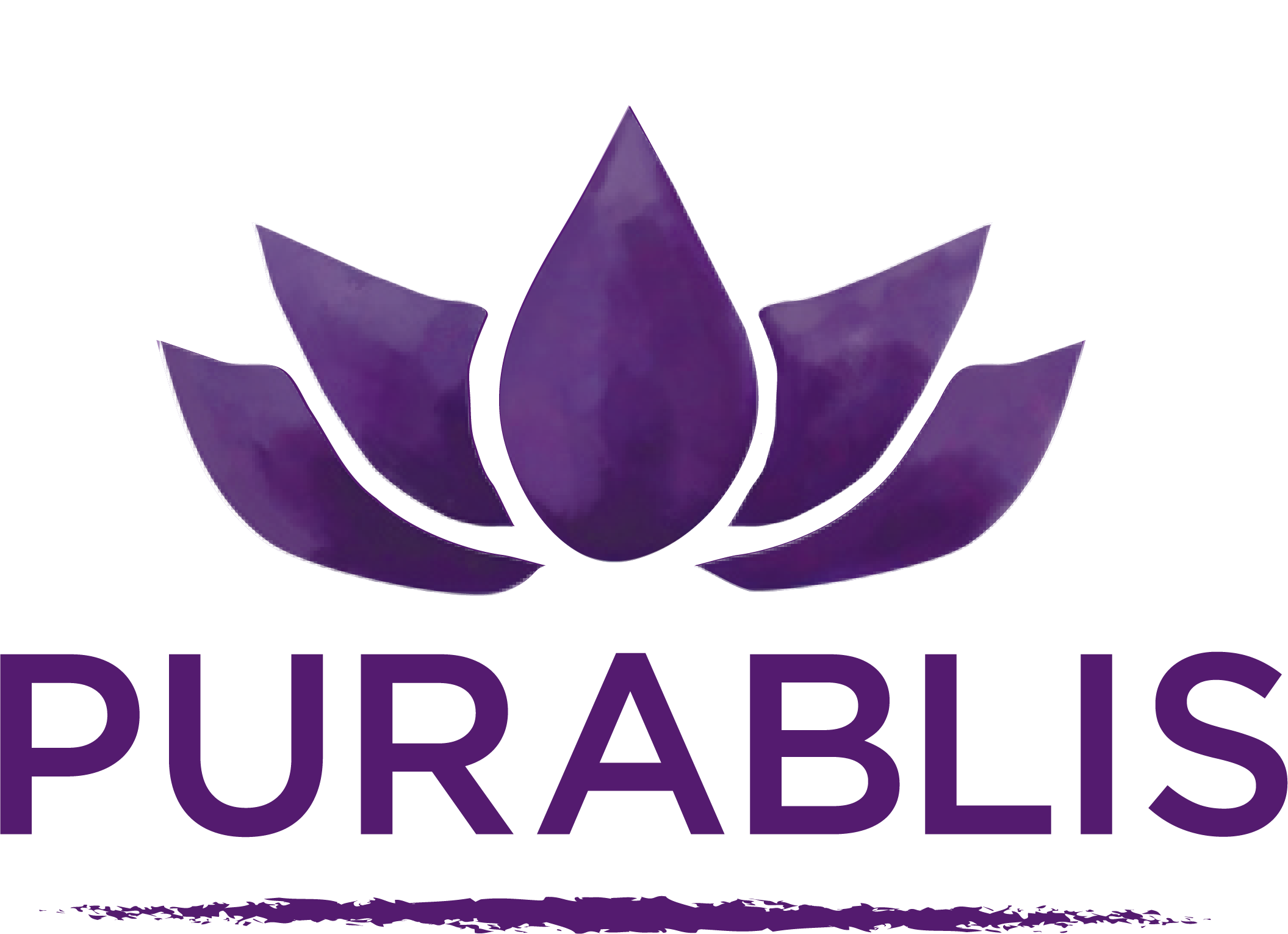Are you at least 21 years old?
You must be at least 21 to see this content, you will be redirected to google

A
• amyotrophic-lateral-sclerosis-als-lou-gehrigs (2)
• attention-deficit-hyperactivity-disorder-adhd (5)
B
C
D
• d9-tetrahydrocannabinol-thc (4)
• d9-tetrahydrocannabinolic-acid-thca (1)
E
• endocannabinoid-system-ecs (45)
F
G
• gastrointestinal-disease (6)
H
I
K
L
M
N
• national-institute-on-drug-abuse-nida (1)
• neuro-protective-and-neuro-generative (7)
P
S
T
• traumatic-brain-injury-tbi (1)
• View All (505)Anti-inflammatory Potential of CB1-mediated CAMP Elevation in Mast Cells (2005)
This research was based on defining the role of paper for CB1 in mast cells and identifying the signaling pathways that can mediate the suppressive effects of CB1 ligation in mast cell activation. The results show the complexity of the signaling of the co-expressed native cannabinoid receptors and suggest that some anti-inflammatory effects of the CB1 ligands can be attributed to a sustained increase in the anti-inflammatory potential of the elevation mediated by CB1 (cAMP). View study
Cannabidiol is a Potent Inhibitor of the Catalytic Activity of Cytochrome P450 2C19 (2012)
Through this research the inhibitory effect of cannabidiol (CBD) on the catalytic activity of cytochrome P450 2C19 (CYP2C19) was studied. In this study it was demonstrated that CBD caused a potent inhibition of CYP2C19, in which a phenolic hydroxyl group Free and the pentyl side chain of the CBD can perform important functions. View study
Cannabidiol Targets Mitochondria to Regulate Intracellular Ca2 Levels (2009)
In this research we want to characterize the mechanisms by which cannabidi (CBD) regulates Ca 2 homeostasis and mediates neuroprotection in neuronal preparations. The results show that under pathological conditions involving mitochondrial dysfunction and Ca 2 dysregulation, (CDB) may be beneficial to avoid apoptotic signaling through the restoration of Ca 2 homeostasis. View study
Characterization of P-glycoprotein Inhibition by Major Cannabinoids from Marijuana (2005)
Through this study we want to investigate the possible interaction with P-glycoprotein (Pgp) with the main cannabinoids of marijuana. The findings found indicate that the CBD inhibits the transport of drugs measured by P-gp, which suggests that the CBD could act in the absorption and elimination of other co-administered compounds that are substrates of P-gp. View study